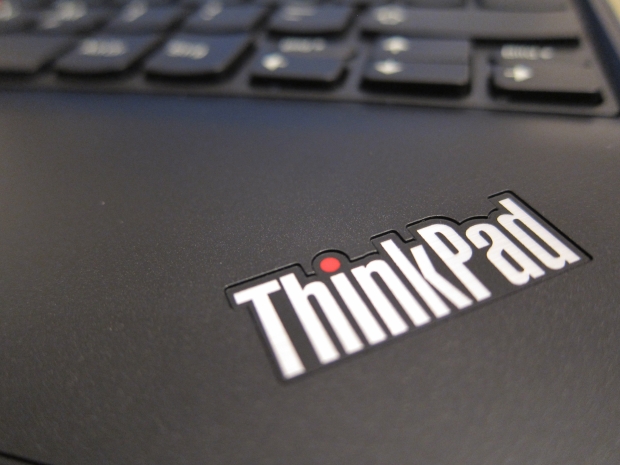Lenovo is seeking damages and for Asus to stop selling Zenbook laptops and other allegedly infringing products in the US.
The lawsuit centres on four patents. The first, entitled "Methods and apparatus for transmitting in resource blocks" was issued in 2021 and relates to minimising the delay experienced during an uplink package transmission by reducing the number of steps for a wireless device to upload data.
Lenovo's lawsuit, which uses Asus' Zenbook Pro 14 OLED (UX6404) as an example of an allegedly infringing product, claims Asus is selling laptops that violate the wireless wake-on-LAN power management patent issued to Lenovo in 2010.
Another involved patent was issued in 2010 and entitled "Touchpad diagonal scrolling." It allows users to "initiate a diagonal scroll at any location on a touchpad by using two fingers," the lawsuit says.
Lenovo is also upset about Asus' purported infringing of its "Dual shaft hinge with angle timing shaft mechanism" patent rewarded in 2014.
Lenovo describes it as a hinge block enabling 2-in-1 laptops to go from clamshell mode to tablet mode. Lenovo's lawsuit mentions the Asus' Zenbook Flip 14 UX461, which Asus advertises as having a 360-degree "ErgoLift" hinge that "lifts and tilts the keyboard into the perfect typing position when the display is rotated into laptop mode."
Lenovo wants Asus to cease marketing, advertising, distributing, offering for sale, selling, or otherwise transferring, including the movement or shipment of inventory" products that infringe upon the four patents in question.
The company added that a limited exclusion order wouldn't harm US consumers or competition due to Asus' smaller market share.
According to the IDC, Asus represented about 7.1 per cent of the PC market (which includes laptops and desktops) in Q3 2023. Lenovo led at 23.5 percent.

